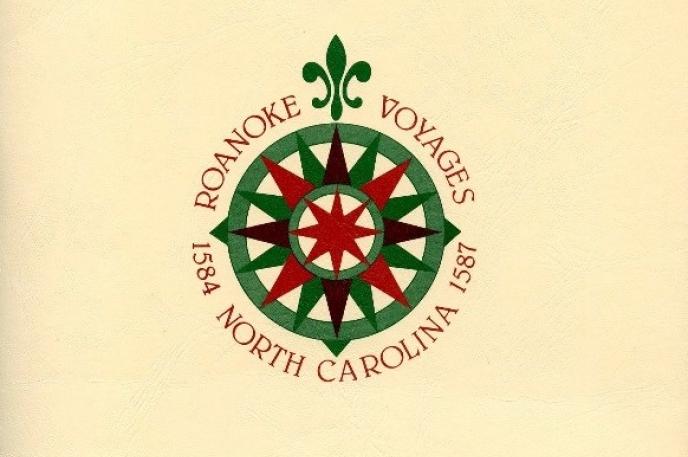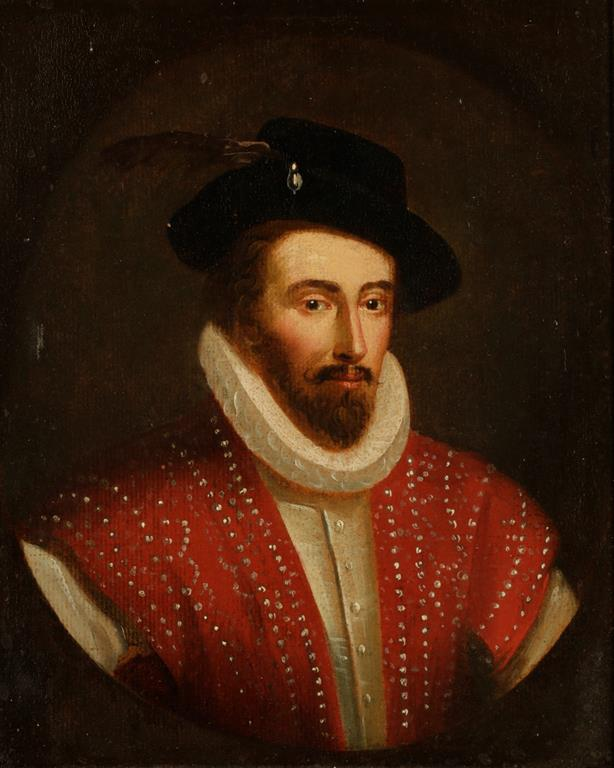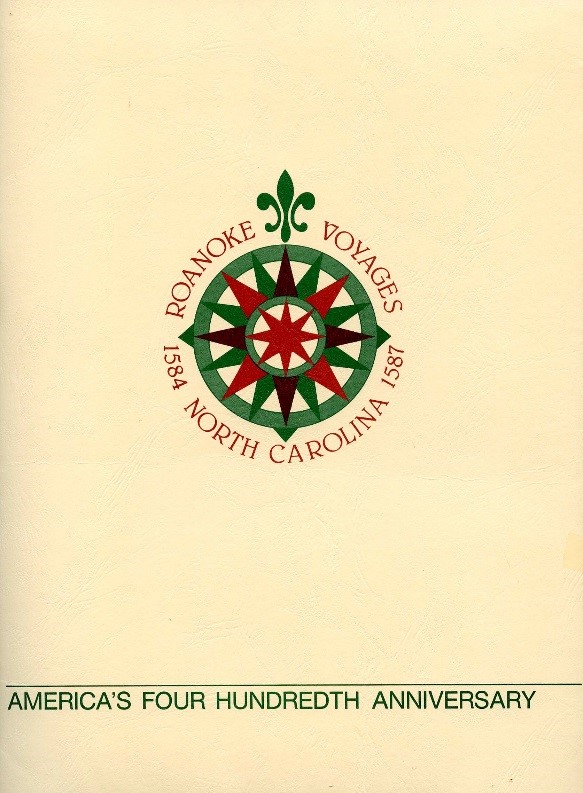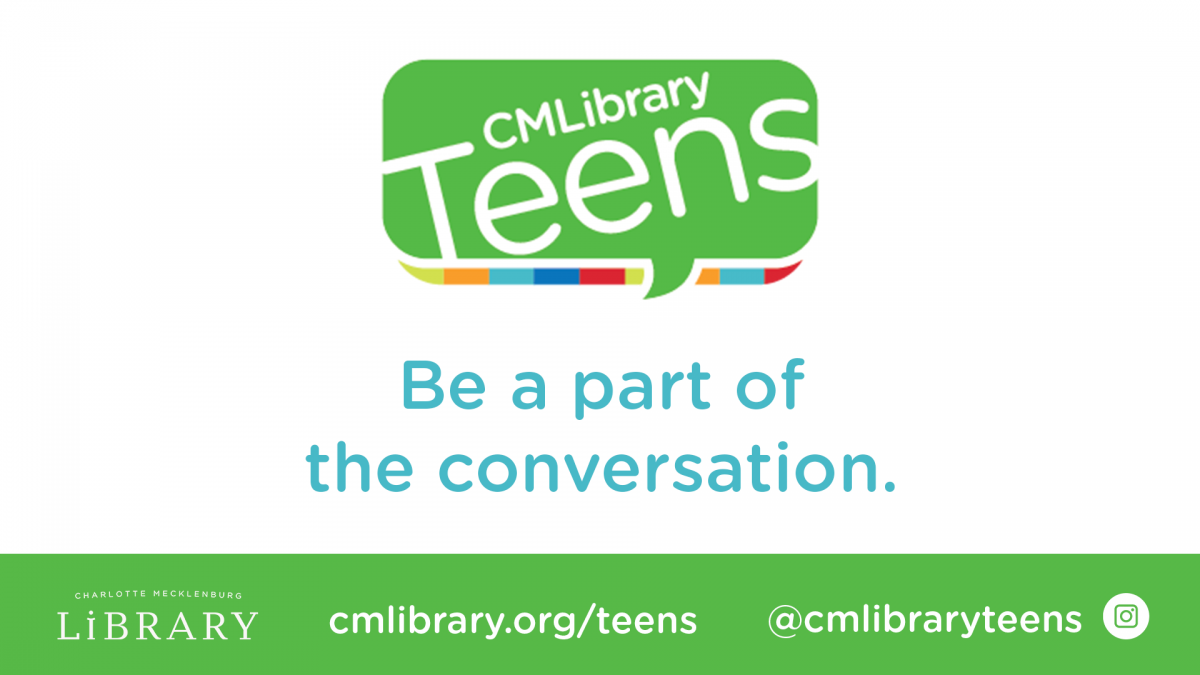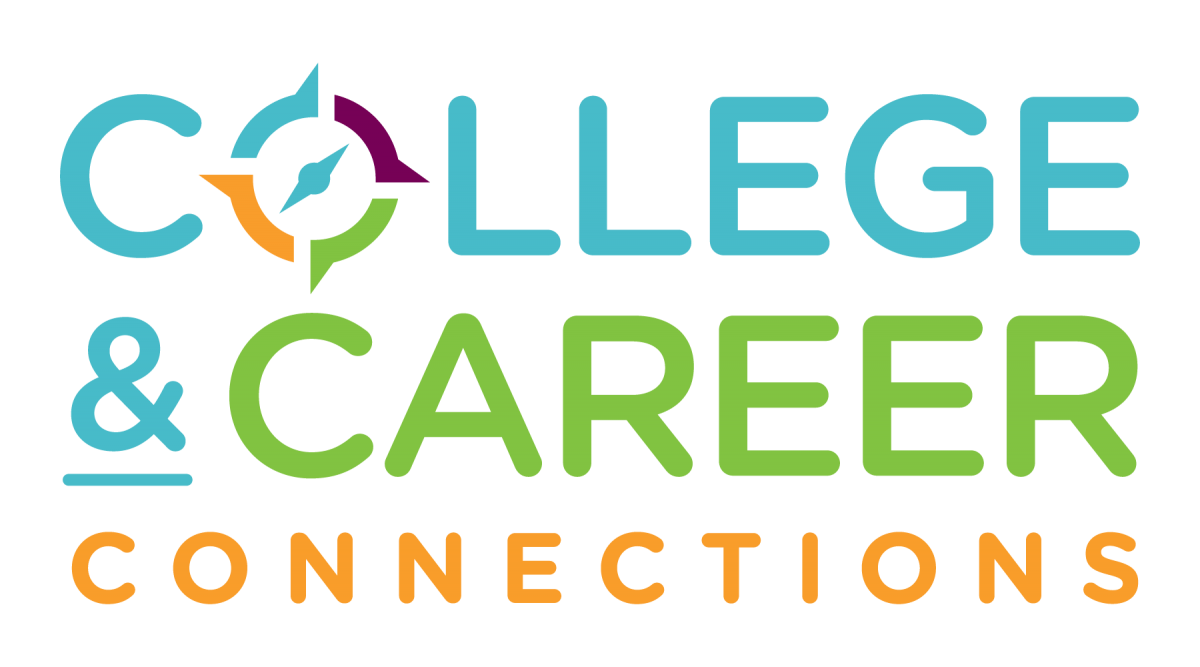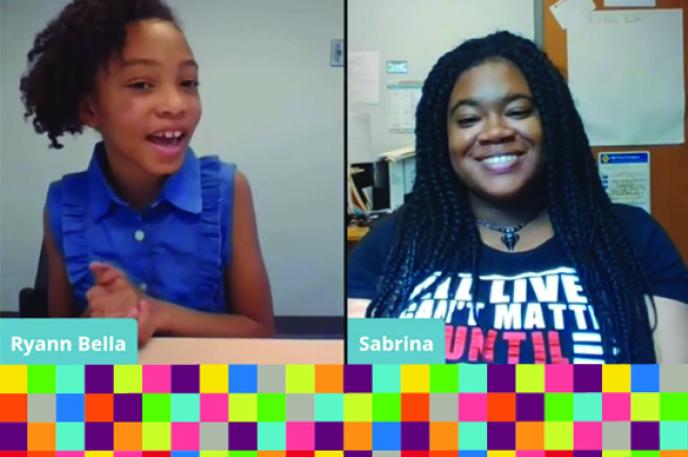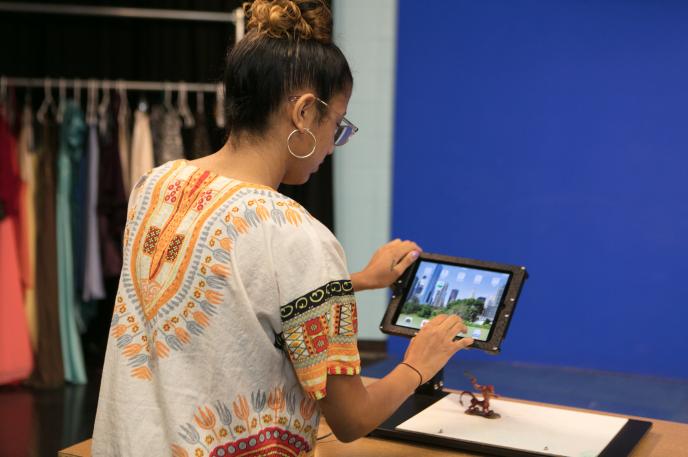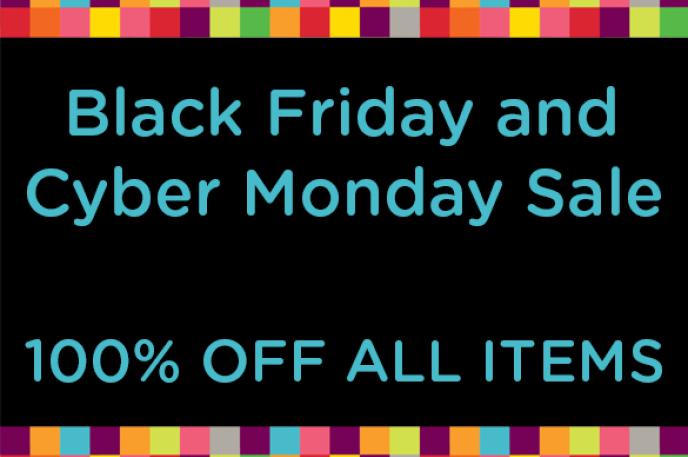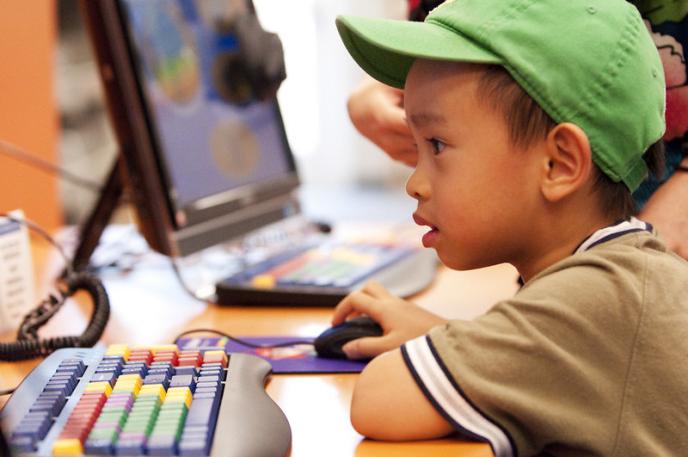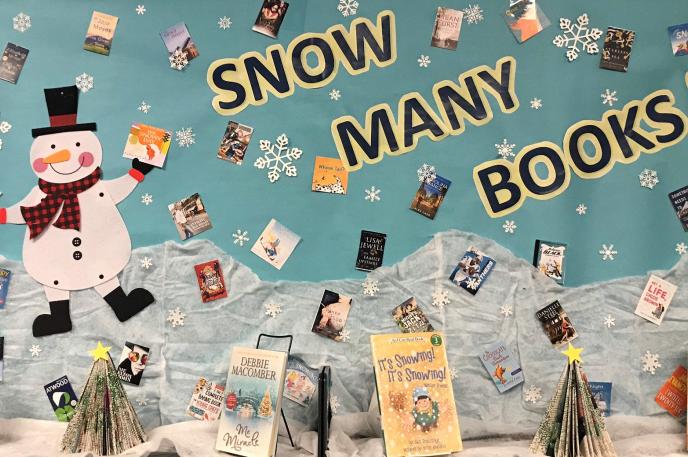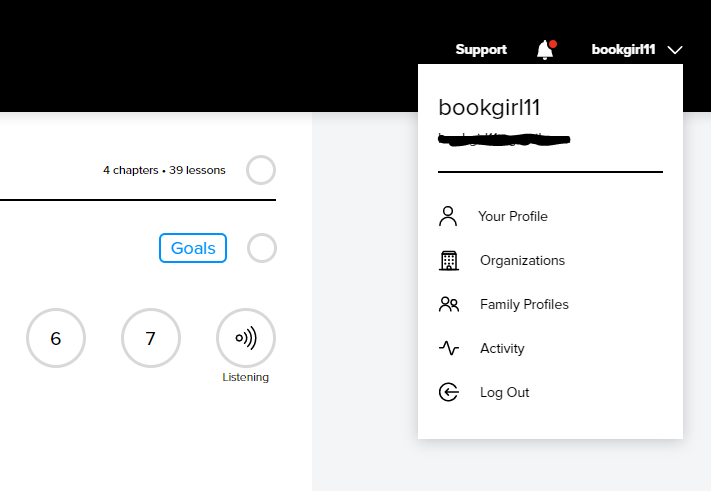Did you know that you can continue to stay connected to the Library while staying home? How would you like to participate in a virtual storytime with your family or receive resume help all from the comfort of your couch? Join Charlotte Mecklenburg Library every week for a wide range of online programming for children, teens and adults. See a complete listing of this upcoming programming for the week of 11/16/2020 below. Click the corresponding links for more information and register for programs where applicable.
Learn more about online programming by clicking here
Monday 11/16
Family Storytime – 9:30 a.m. (Children's programming) register
Book a Librarian - Nonprofit Services – 11 a.m. (Adult programming) register
One-on-One Tutoring and Enrichment – 11 a.m. (Children’s programming) register
Virtual Reading Buddies – 11 a.m. (Children's programming) register
Virtual Reading Buddies – 12 p.m. (Children's programming) register
Parent Lunch and Learn: Selecting the Best Books for Your Children and Grandchildren – 12 p.m. (Adult programming) register
Mindful Mondays - Guided Relaxation and Meditation – 12 p.m. (Adult programming) register
Virtual Reading Buddies – 1 p.m. (Children's programming) register
One-on-One Tutoring and Enrichment – 2 p.m. (Children’s programming) register
Virtual Reading Buddies – 2 p.m. (Children's programming) register
Book a Librarian – Technology – 2 p.m. (Adult programming) register
One-on-One Tutoring and Enrichment - 3 p.m. (Children's programming) register
Virtual Reading Buddies – 3 p.m. (Children's programming) register
One-on-One Tutoring and Enrichment - 4 p.m. (Children's programming) register
Virtual Reading Buddies – 4 p.m. (Children's programming) register
Stronger Together: Support for your Job Search – 4 p.m. (Adult programming) register
One-on-One Tutoring and Enrichment - 5 p.m. (Children's programming) register
Virtual Reading Buddies – 5 p.m. (Children's programming) register
One-on-One Tutoring and Enrichment – 6 p.m. (Children's programming) register
Virtual Reading Buddies – 6 p.m. (Children's programming) register
Murderino Book Club – 7 p.m. (Adult programming) register
Tuesday 11/17
Family Storytime – 9:30 a.m. (Children's programming) register
Book a Librarian - Business Research – 11 a.m. (Adult programming) register
Virtual Reading Buddies – 11 a.m. (Children's programming) register
One-on-One Tutoring and Enrichment - 11 a.m. (Children's programming) register
Virtual Reading Buddies – 12 p.m. (Children's programming) register
Career Development Intensive Coaching – 12 p.m. (Adult programming) register
Career Development Intensive Coaching – 12:30 p.m. (Adult programming) register
Virtual Reading Buddies – 1 p.m. (Children's programming) register
Virtual Reading Buddies – 2 p.m. (Children's programming) register
Book a Librarian - Technology – 2 p.m. register
Nonprofit Services: Intro to Finding Grants – 2 p.m. (Adult programming) register
One-on-One Tutoring and Enrichment – 2 p.m. (Children's programming) register
One-on-One Tutoring and Enrichment – 3 p.m. (Children's programming) register
Virtual Reading Buddies – 3 p.m. (Children's programming) register
Virtual Reading Buddies – 3:30 p.m. (Children's programming) register
One-on-One Tutoring and Enrichment – 4 p.m. (Children's programming) register
Virtual Reading Buddies – 4 p.m. (Children's programming) register
One-on-One Tutoring and Enrichment – 5 p.m. (Children's programming) register
Virtual Reading Buddies – 5 p.m. (Children's programming) register
One-on-One Tutoring and Enrichment – 6 p.m. (Children's programming) register
Virtual Reading Buddies – 6 p.m. (Children's programming) register
Charlotte Mecklenburg Library Virtual Family Literacy Night! – 6 p.m. (Adult programming) register
Wednesday 11/18
Family Storytime – 9:30 a.m. (Children's programming) register
Active Reading Family Workshop – 10 a.m. (Adult programming) register
One-on-One Tutoring and Enrichment – 11 a.m. (Children’s programming) register
Virtual Reading Buddies – 11 a.m. (Children's programming) register
Virtual Reading Buddies – 12 p.m. (Children's programming) register
Virtual Reading Buddies – 1 p.m. (Children's programming) register
One-on-One Tutoring and Enrichment – 2 p.m. (Children’s programming) register
Virtual Reading Buddies – 2 p.m. (Children's programming) register
Book a Librarian – Technology – 2 p.m. (Adult programming) register
Virtual Reading Buddies – 3 p.m. (Children's programming) register
Virtual Reading Buddies – 3:30 p.m. (Children's programming) register
One-on-One Tutoring and Enrichment - 4 p.m. (Children's programming) register
Virtual Reading Buddies – 4 p.m. (Children's programming) register
One-on-One Tutoring and Enrichment - 5 p.m. (Children's programming) register
Virtual Reading Buddies – 5 p.m. (Children's programming) register
One-on-One Tutoring and Enrichment – 6 p.m. (Children's programming) register
Virtual Reading Buddies – 6 p.m. (Children's programming) register
College Basics: What You Need to Know with UNCC Levine Scholars – 6 p.m. (Adult programming) register
Thursday 11/19
Family Storytime – 9:30 a.m. (Children's programming) register
Library Resources to Enhance Your Child's Learning – 10 a.m. (Adult programming) register
Book a Librarian - Business Research – 11 a.m. (Adult programming) register
Virtual Reading Buddies – 11 a.m. (Children's programming) register
One-on-One Tutoring and Enrichment - 11 a.m. (Children's programming) register
Virtual Reading Buddies – 12 p.m. (Children's programming) register
Career Development Intensive Coaching – 12 p.m. (Adult programming) register
Career Development Intensive Coaching – 12:30 p.m. (Adult programming) register
Virtual Reading Buddies – 1 p.m. (Children's programming) register
Virtual Reading Buddies – 2 p.m. (Children's programming) register
Book a Librarian - Technology – 2 p.m. (Adult programming) register
One-on-One Tutoring and Enrichment – 2 p.m. (Children's programming) register
One-on-One Tutoring and Enrichment – 3 p.m. (Children's programming) register
Virtual Reading Buddies – 3 p.m. (Children's programming) register
Virtual Reading Buddies – 3:30 p.m. (Children's programming) register
One-on-One Tutoring and Enrichment – 4 p.m. (Children's programming) register
Virtual Reading Buddies – 4 p.m. (Children's programming) register
One-on-One Tutoring and Enrichment – 5 p.m. (Children's programming) register
Virtual Reading Buddies – 5 p.m. (Children's programming) register
One-on-One Tutoring and Enrichment – 6 p.m. (Children's programming) register
Virtual Reading Buddies – 6 p.m. (Children's programming) register
Friday 11/20
Family Storytime – 9:30 a.m. (Children's programming) register
Virtual Reading Buddies – 11 a.m. (Children's programming) register
One-on-One Tutoring and Enrichment – 11 a.m. (Children's programming) register
Virtual Reading Buddies – 12 a.m. (Children's programming) register
Mindful Friday- Meditation for Wellness – 12 p.m. (Adult programming) register
Virtual Reading Buddies – 1 p.m. (Children's programming) register
Virtual Reading Buddies – 2 p.m. (Children's programming) register
Book a Librarian - Technology – 2 p.m. register
One-on-One Tutoring and Enrichment – 2 p.m. (Children's programming) register
One-on-One Tutoring and Enrichment – 3 p.m. (Children's programming) register
Virtual Reading Buddies – 3 p.m. (Children's programming) register
Virtual Reading Buddies – 3:30 p.m. (Children's programming) register
Saturday 11/21
Family Storytime – 9:30 a.m. (Children's programming) register
Virtual Reading Buddies – 10 a.m. (Children's programming) register
Virtual Reading Buddies – 11 a.m. (Children's programming) register
